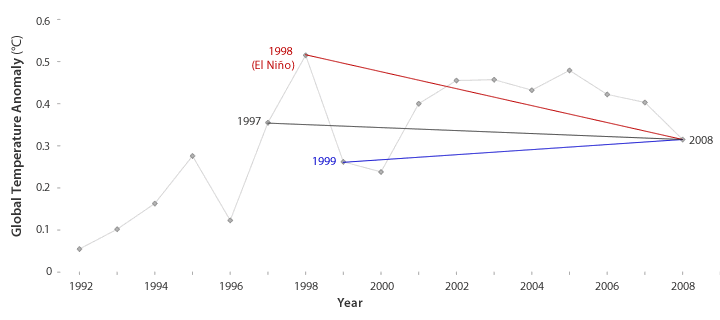
Has global warming stopped? That's what some people claim, based on global temperatures recorded since 1998. But, scientists say, not setting a new record high temperature each year doesn't mean the globe is cooling.
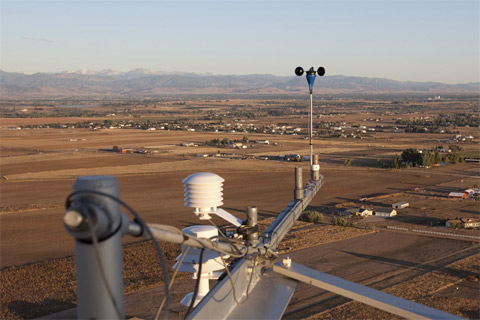
Instruments located high atop NOAA’s Boulder Atmospheric Observatory tower help scientists track carbon emissions and air quality in Colorado.
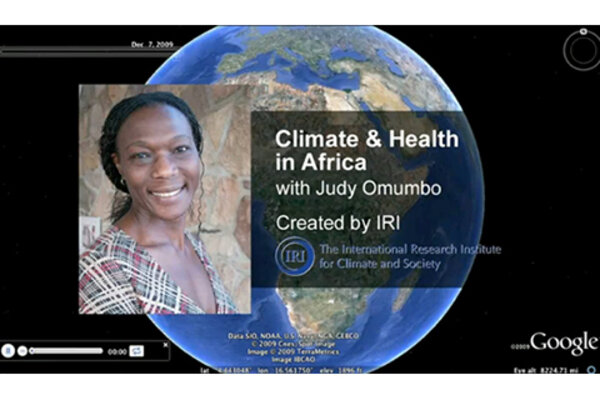
Climate and Meningitis in Africa
December 23, 2009
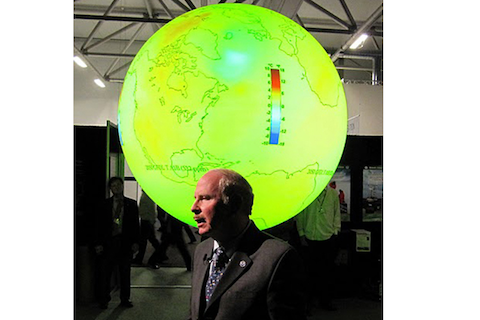
At the United Nations Climate Change Conference, Dr. Alexander E. “Sandy” MacDonald, of NOAA, used Science on a Sphere® to illustrate how climate change will transform the planet if humans do not reduce emissions of greenhouse gases.
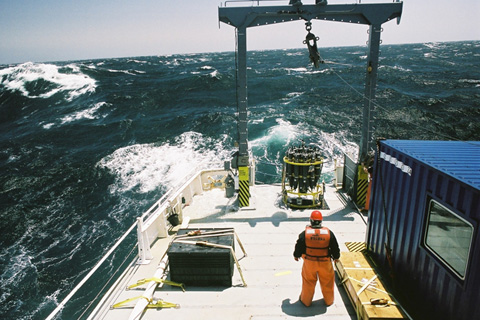
In the summer of 2007, as oyster growers and hatchery managers in Washington state were experiencing yet another failed oyster harvest, Dr. Richard Feely set off on a research cruise to find out if the seawater itself was the culprit…
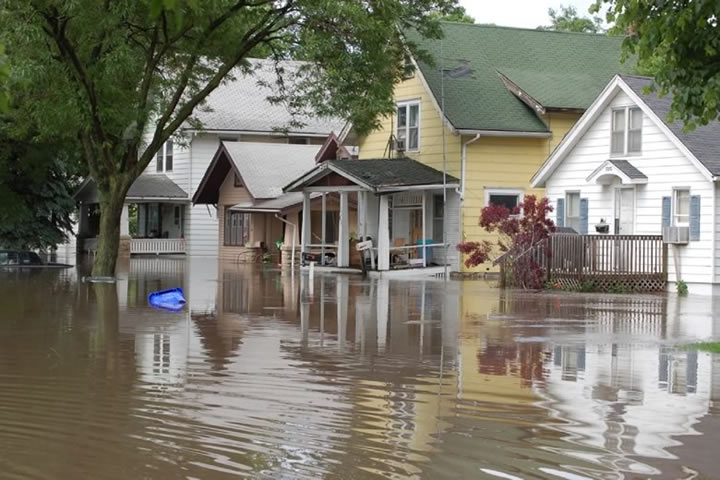
In NOAA's version of CSI, Marty Hoerling leads a group of climate and weather researchers who investigate killer climate patterns—heat waves, tornadoes, and floods—to figure out what may have triggered them.
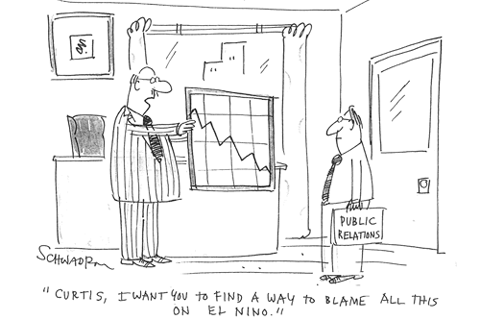
For years, people have been pointing to El Niño as the culprit behind floods, droughts, famines, economic failures, and record-breaking global heat. Can a single climate phenomenon really cause all these events? Is the world just a step away from disaster when El Niño conditions develop?
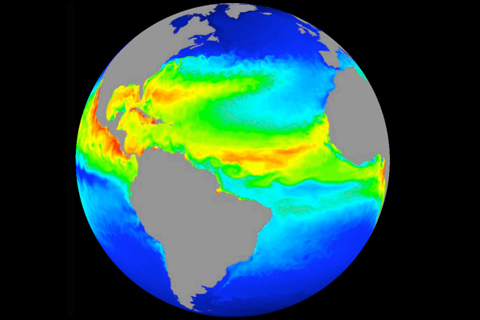
Improved computer models help scientists understand Earth’s ocean.
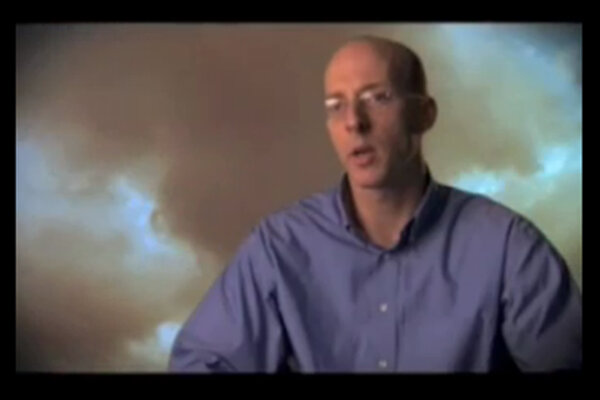
What Scientists Know Today About Climate
October 22, 2009
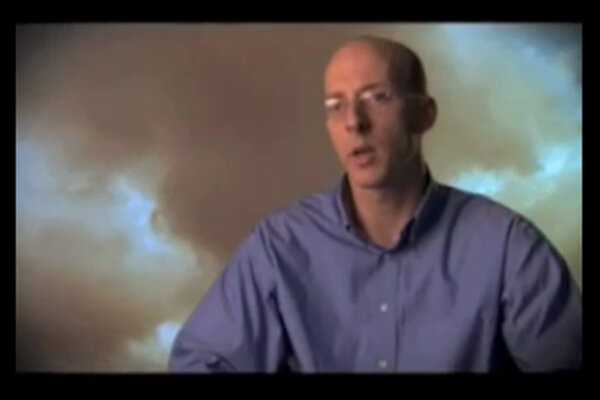
What Is Causing Global Climate Change?
October 22, 2009